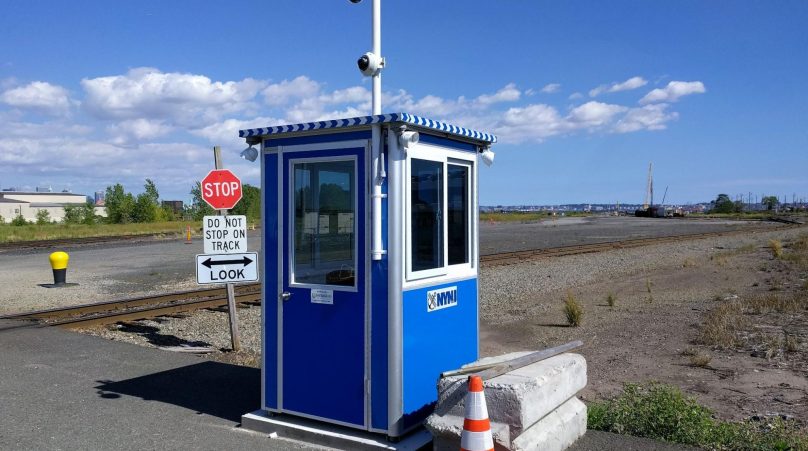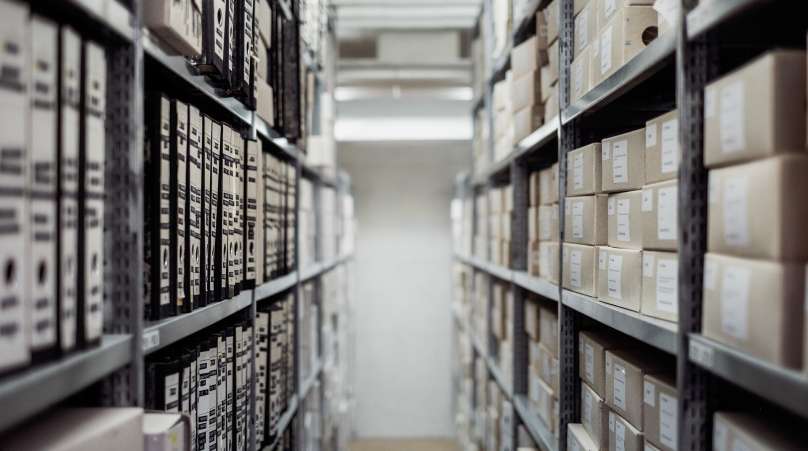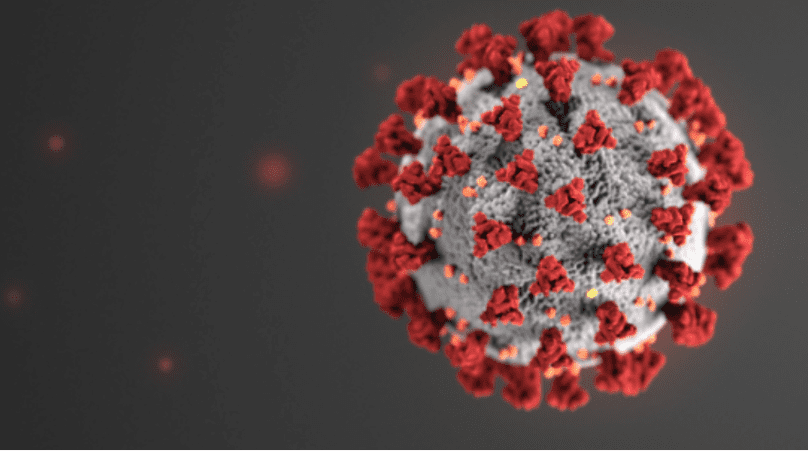The relentless growth in population and the increasing complexity of healthcare needs have led to an overwhelming surge in the demand for medical services. With the rise of chronic illnesses, global health crises, and an aging population, traditional healthcare infrastructure struggles to keep pace. This escalating demand puts immense pressure on healthcare systems, resulting in overcrowded facilities, longer wait times, and compromised patient care.
Modular medical clinics have emerged as a transformative solution, offering versatility and efficiency in meeting the dynamic needs of the healthcare sector. These clinics provide a versatile and efficient solution to the challenges in the healthcare industry. Designed for scalability, these clinics provide a strategic response to fluctuating demands. Their quick adaptability to expand or downsize facilities sets them apart, showcasing efficiency compared to traditional construction methods. Additionally, the cost-effectiveness inherent in modular medical clinics optimizes healthcare budgets, ensuring precise utilization of resources.
Read on to discover how modular medical clinics expand healthcare capacity effectively and how Guardian Booth, with its adaptable design, seamlessly integrates into the modular construction framework, offering a versatile solution for creating secure and controlled environments within medical facilities.
Modular Clinics Offer a Flexible and Scalable Design
As we explore modular clinics’ flexible and scalable design, it becomes evident that these attributes play a crucial role in shaping a responsive and adaptable healthcare infrastructure, whether used in a formal medical setting or even as a festival medical booth at community events. Join us in understanding how the inherent flexibility and scalability of modular medical clinics not only meet current healthcare demands but also pave the way for a future-ready healthcare ecosystem.
Flexible Design: Adapting to Dynamic Healthcare Demands
Modular medical clinics stand out for their unparalleled flexibility in design, offering a dynamic solution to the ever-changing healthcare landscape. Unlike traditional brick-and-mortar structures, a modular clinic has an adjustable construction approach, allowing easy customization based on specific healthcare requirements. This adaptability enhances the overall efficiency of healthcare delivery and ensures that the clinic remains a versatile asset in the face of unforeseen challenges.
Scalability: Meeting Growing Healthcare Demands
One of the critical strengths of a modular clinic is its scalability, which addresses the pressing need for healthcare facilities to expand or contract based on demand. The modular construction method enables seamless clinic expansion to accommodate a growing patient load. As healthcare demands fluctuate, modular clinics can be easily upsized or downsized, providing scalability that traditional structures struggle to match.
Efficient Capacity Planning: Optimizing Resources
The flexibility and scalability of a modular clinic contribute significantly to efficient capacity planning within the healthcare sector. These clinics empower healthcare administrators to align resources with demand, ensuring that facilities are used effectively and effectively. The ability to customize the clinic layout and swiftly adapt to changing needs streamlines capacity planning processes. This, in turn, leads to a more cost-effective allocation of resources, optimizing both space and budget. Modular clinics thus present a strategic solution for healthcare providers looking to enhance their capacity planning capabilities in a rapidly evolving healthcare landscape.
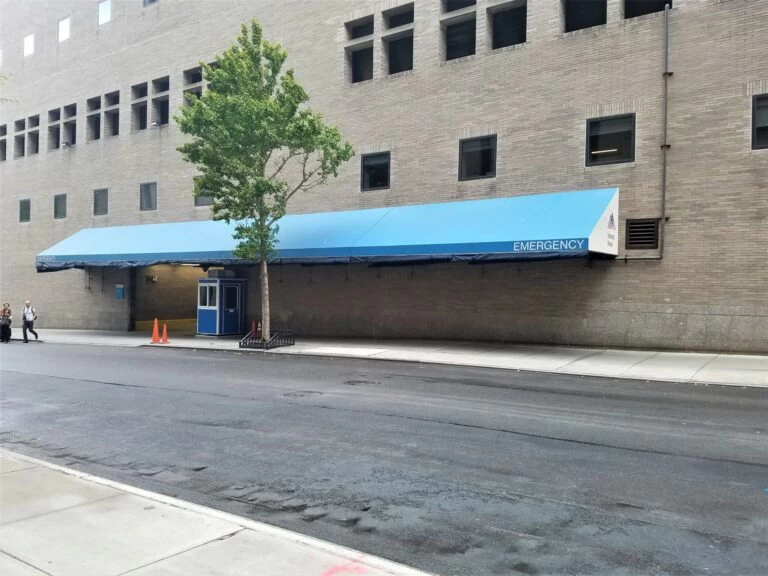
Rapid Deployment and Time-Saving Construction
In the fast-paced realm of healthcare, time is often of the essence, and modular medical clinics excel in meeting urgent needs through their rapid deployment capabilities.
Unlike traditional construction methods that can be time-consuming, modular clinics leverage prefabrication techniques to expedite the assembly and installation process. This enables healthcare providers to respond swiftly to emerging situations, whether needing additional capacity during a health crisis or establishing healthcare facilities in underserved areas. Deploying modular clinics rapidly ensures that essential medical services can be delivered promptly, saving crucial time in critical scenarios.
The time-saving advantage of modular medical clinics is rooted in the efficiency of prefabrication. Components of the clinic are manufactured off-site in a controlled environment, allowing for parallel construction processes. This simultaneous fabrication and site preparation significantly reduce construction timelines compared to traditional methods. The precision and speed of prefabrication contribute to minimizing on-site disruptions and streamlining the overall construction process.
Healthcare providers benefit from a faster turnaround in completing medical facilities and the reduced impact on surrounding areas, making modular clinics an environmentally conscious and efficient choice.
High-Quality Construction and Compliance
Modular medical clinics uphold rigorous construction standards, setting a new benchmark for quality within the healthcare infrastructure landscape. These clinics often surpass traditional construction standards by leveraging advanced manufacturing technologies and quality control measures. The controlled environment of off-site fabrication ensures precision and consistency, minimizing the risk of construction defects. As a result, healthcare providers can rely on modular clinics to deliver a high-quality and durable infrastructure that meets or exceeds industry standards.
Patient safety is paramount in healthcare, and modular medical clinics prioritize adherence to stringent healthcare regulations and building codes. From structural integrity to infection control measures, modular clinics are designed and constructed with meticulous attention to regulatory requirements. This commitment to compliance fosters a secure patient environment and instills confidence in healthcare providers, regulatory authorities, and the community.
Beyond healthcare regulations, modular medical clinics go the extra mile by meeting or exceeding local building codes. The modular construction industry is attuned to evolving building standards, sustainability practices, and energy efficiency requirements. As a result, modular clinics offer a comprehensive approach to compliance, addressing immediate regulatory needs and aligning with broader industry trends.
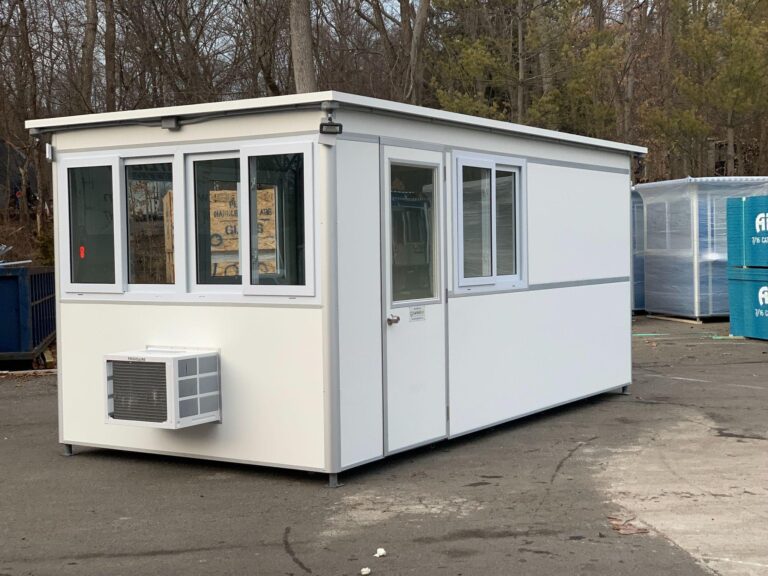
Cost-Effectiveness and Budget Control
Join us in uncovering the potential of modular medical clinics, where cost-effectiveness and budget control converge to redefine the financial dynamics of healthcare infrastructure.
-
Cost-Effectiveness: Redefining Healthcare Budget Dynamics
Unlike traditional construction, modular clinics benefit from reduced material waste, as components are precision-engineered off-site to exact specifications. This minimizes environmental impact and translates into significant cost savings, allowing healthcare providers to maximize the value of their budget without compromising on quality.
-
Better Budget Control: Precision in Financial Planning
Modular medical clinics empower healthcare administrators with better control over their budgets through precise financial planning. The off-site fabrication of components and parallel construction processes result in shorter project timelines, minimizing labor costs and associated expenses. The controlled environment of modular construction further mitigates the risk of unforeseen delays and cost overruns. The predictability and efficiency of the modular construction process enable healthcare providers to allocate resources with precision, ensuring that every dollar invested contributes directly to the enhancement of healthcare services.
-
Financial Savings: Beyond Construction Costs
The financial advantages of modular medical clinics extend beyond the construction phase. The speed of construction translates into earlier operational readiness, enabling healthcare providers to start delivering services sooner. This early deployment accelerates revenue generation and enhances the overall return on investment.
Versatile Clinic Configurations
Modular medical clinics stand out for their inherent versatility. They offer a customizable approach to healthcare infrastructure that aligns with diverse medical needs. The modular construction method allows for various clinic configurations, ensuring each facility is tailored to specific healthcare requirements.
Explore the versatility of modular clinics through the following vital configurations:
- Examination Rooms: Modular clinics can include a range of examination rooms, each equipped with the necessary medical equipment and furnishings.
- Waiting Areas: The design of modular medical clinics accommodates waiting areas that can be configured to enhance patient comfort and efficiency. Whether it’s a centralized waiting space or strategically located seating areas, the layout can be adapted to optimize patient flow and minimize wait times.
- Laboratories: The layout can be customized to include specific zones for various laboratory functions, ensuring a seamless workflow for healthcare professionals.
- Administrative Spaces: The layout can be tailored to support the administrative functions of the healthcare facility, from reception areas to offices and staff rooms.
- Security Solutions: Modular clinics can integrate security solutions to keep visitors and staff safe and sensitive information secure. These solutions include implementing access control systems, surveillance cameras, and secure storage for confidential data.
- Vaccine Administration and Testing Facilities: The flexibility of modular clinics allows for the swift establishment of vaccine administration and testing facilities. This capability enables healthcare providers to handle such critical services without overwhelming their brick-and-mortar hospitals and offices.
- Patient Overflow or Private Spaces: Modular clinics can be configured to address patient overflow or create private spaces for specific medical services, ensuring that healthcare providers can effectively adapt to varying patient needs.
- Equipment Enclosures: Modular clinics are efficient equipment enclosures providing secure storage for medical equipment and supplies. This ensures that essential tools are readily accessible while maintaining a well-organized clinical environment.
- Information Centers: Modular clinics can function as information centers, efficiently directing guests or visitors within the healthcare facility. This enhances the overall patient experience and ensures smooth navigation within the clinic.
- Adaptability for Specialty Clinics: Modular medical clinics accommodate specialty healthcare needs. Whether it’s a dental clinic, women’s health center, or pediatric facility, the modular design allows for creating specialized spaces tailored to the unique requirements of each medical specialty.
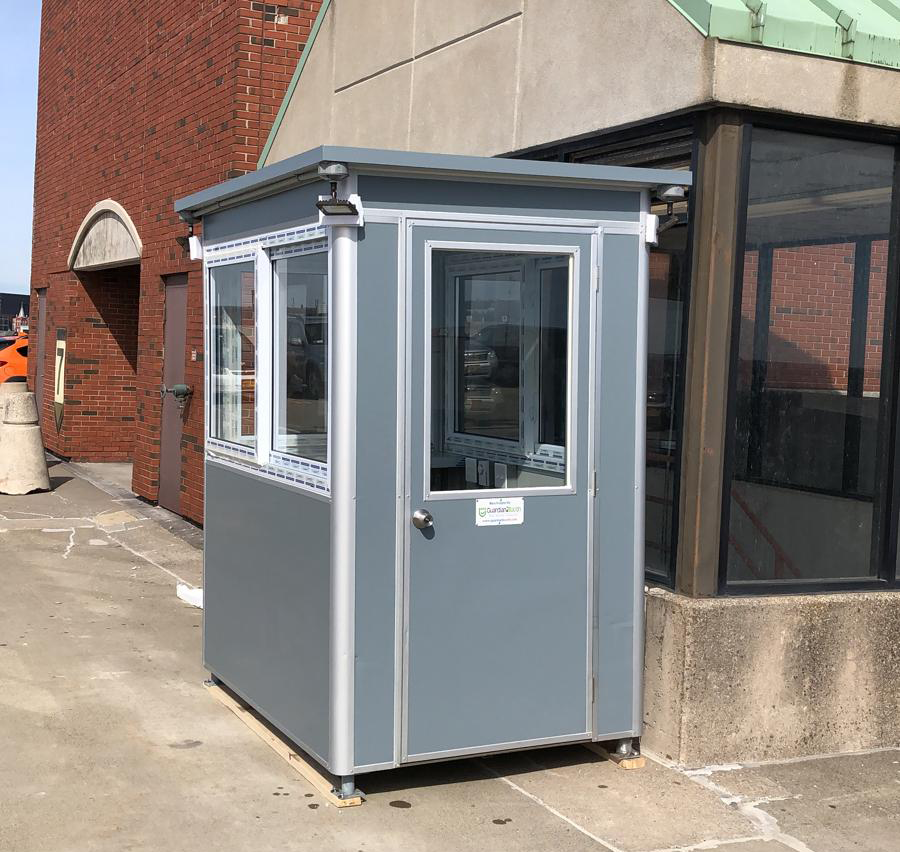
Integration of Medical Equipment and Technology
The design of modular medical clinics is purpose-built to accommodate advanced healthcare systems, ensuring that cutting-edge technologies are an integral part of patient care and operational workflow. From diagnostic imaging equipment to telehealth solutions, modular clinics are at the forefront of embracing innovations that enhance healthcare delivery efficiency and effectiveness.
Each clinic component is meticulously designed to house specific technologies, creating a cohesive and streamlined environment. This integration optimizes patient care and enhances healthcare professionals’ capabilities, providing them with the tools and resources for accurate diagnostics, treatment, and patient interaction.
Here’s a step-by-step guide on how healthcare providers can achieve this integration:
- Needs Assessment: Identify Requirements and Challenges
Conduct a comprehensive needs assessment to identify specific healthcare requirements and challenges. Determine the types of medical equipment and technology needed to address these requirements. Consider the existing workflow and potential bottlenecks that advanced systems can alleviate.
- Technology Selection: Choose Appropriate Systems
Research and select advanced healthcare systems that align with identified needs.
Prioritize technologies such as electronic health records (EHRs), telemedicine platforms, diagnostic imaging equipment, and other relevant solutions. Ensure compatibility and interoperability among selected technologies for a cohesive system.
- Guardian Booth Integration: Design Modular Spaces with Precision
Collaborate with Guardian Booth to design spaces accommodating the selected medical equipment and technology. Plan for dedicated areas within the modular clinic for equipment placement, considering factors like power supply, networking infrastructure, and accessibility.
- Guardian Booth Construction: Streamlined Process for Integration
Leverage Guardian Booth’s expertise in modular construction methods for the precision engineering clinic components. We will design modules with specific dimensions and features to house medical equipment seamlessly.
- Guardian Booth Wiring and Connectivity: Establish Robust Networking
Utilize Guardian Booth’s expertise in implementing robust wiring and networking infrastructure to support seamless connectivity between medical devices and technology systems. Ensure that the clinic’s design, including Guardian Booth’s considerations, accommodates the necessary cabling and connectivity points for optimal performance.
- Guardian Booth Quality Assurance: Rigorous Testing for Assurance
Guardian Booth’s commitment to thorough quality assurance and testing of integrated healthcare systems will be conducted to ensure the seamless interaction of different technologies. We will identify and address any issues related to connectivity, data flow, and interoperability.
- Staff Training: Equip Healthcare Professionals
Provide comprehensive training programs for healthcare professionals on the operation of integrated systems. Ensure staff members are proficient in utilizing advanced healthcare technologies to maximize their benefits. Foster a culture of continuous learning to keep staff updated on system upgrades and new features.
- Continuous Improvement: Adapt to Emerging Technologies
Collaborate with Guardian Booth to establish mechanisms for continuous improvement and adaptation to emerging technologies. Regularly assess the performance of integrated systems, benefiting from Guardian Booth’s expertise, and solicit feedback from healthcare professionals for ongoing refinement. Stay informed about advancements in healthcare technology, with Guardian Booth prepared to incorporate new solutions to enhance patient care and workflow efficiency.
Modular Medical Clinics Contribute to Enhance Patient Experience
A modular medical clinic is designed to elevate the patient experience by incorporating features that prioritize comfort, privacy, and efficient workflow. Here are key aspects that contribute to enhancing patient satisfaction in modular medical clinics:
- Comfortable Waiting Areas: Modular clinics are equipped with well-designed waiting areas featuring comfortable seating arrangements that consider the ergonomic needs of patients, complete with air conditioning and heating for temperature control. They prioritize aesthetics, and integrating large windows allows for ample natural light.
- Privacy Considerations: Modular construction allows for implementing soundproofing measures, ensuring privacy within the consultation and examination rooms. Integration of secure information handling systems ensures the confidentiality of patient data, fostering trust and confidence.
- Efficient Patient Flow: The modular design allows for a streamlined layout that facilitates easy navigation for patients, reducing confusion and enhancing overall satisfaction. Consideration for efficient staff movement ensures that healthcare professionals can provide timely and accessible care, positively impacting patient experience. They also incorporate clear signage and wayfinding solutions to guide patients seamlessly through the facility, minimizing stress and wait times.
- Patient-Centric Design: Modular clinics are designed with accessibility in mind, featuring ramps and other facilities to cater to patients with mobility challenges. Integrating patient-focused technologies, such as interactive displays or educational materials, enhances engagement and contributes to a positive overall experience.
Sustainability and Green Building Practices
Modular medical office buildings embody a commitment to sustainability and green building practices, revolutionizing the healthcare industry’s approach to environmental responsibility. Let’s take a closer look:
Energy-Efficient Design:
- Smart HVAC Systems: Modular medical office buildings leverage intelligent heating, ventilation, and air conditioning (HVAC) systems that optimize energy consumption based on occupancy and usage patterns.
- Natural Lighting Solutions: The thoughtful design includes large windows and skylights to maximize natural light, reduce reliance on artificial lighting, and minimize energy consumption.
- Energy-Efficient Appliances: The selection of energy-efficient appliances and equipment contributes to overall energy conservation within the medical office.
Eco-Friendly Materials Use:
- Recyclable Building Materials: Modular construction emphasizes using recyclable and sustainable building materials, reducing the environmental impact of construction.
- Low-Impact Interior Finishes: Interior finishes, such as paints and carpets, are chosen for their low environmental impact, considering factors such as volatile organic compound (VOC) emissions.
- Sustainable Flooring Options: Selecting eco-friendly flooring materials, such as recycled content materials, further aligns with sustainable building practices.
- Solar-Powered Energy: Solar panels harness renewable energy to power essential facilities. This sustainable approach reduces reliance on conventional energy sources and promotes eco-friendly practices in healthcare infrastructure.
- Low-Flow Fixtures: Installation of low-flow plumbing fixtures, such as faucets and toilets, contributes to water conservation efforts.
Efficient HVAC and Climate Control:
- Zoned Heating and Cooling: Zoned climate control systems allow for targeted heating and cooling, optimizing energy use and providing individualized comfort for various spaces within the medical office.
- Energy Recovery Ventilation: Implementation of energy recovery ventilation systems enhances indoor air quality while capturing and reusing energy that would typically be lost.
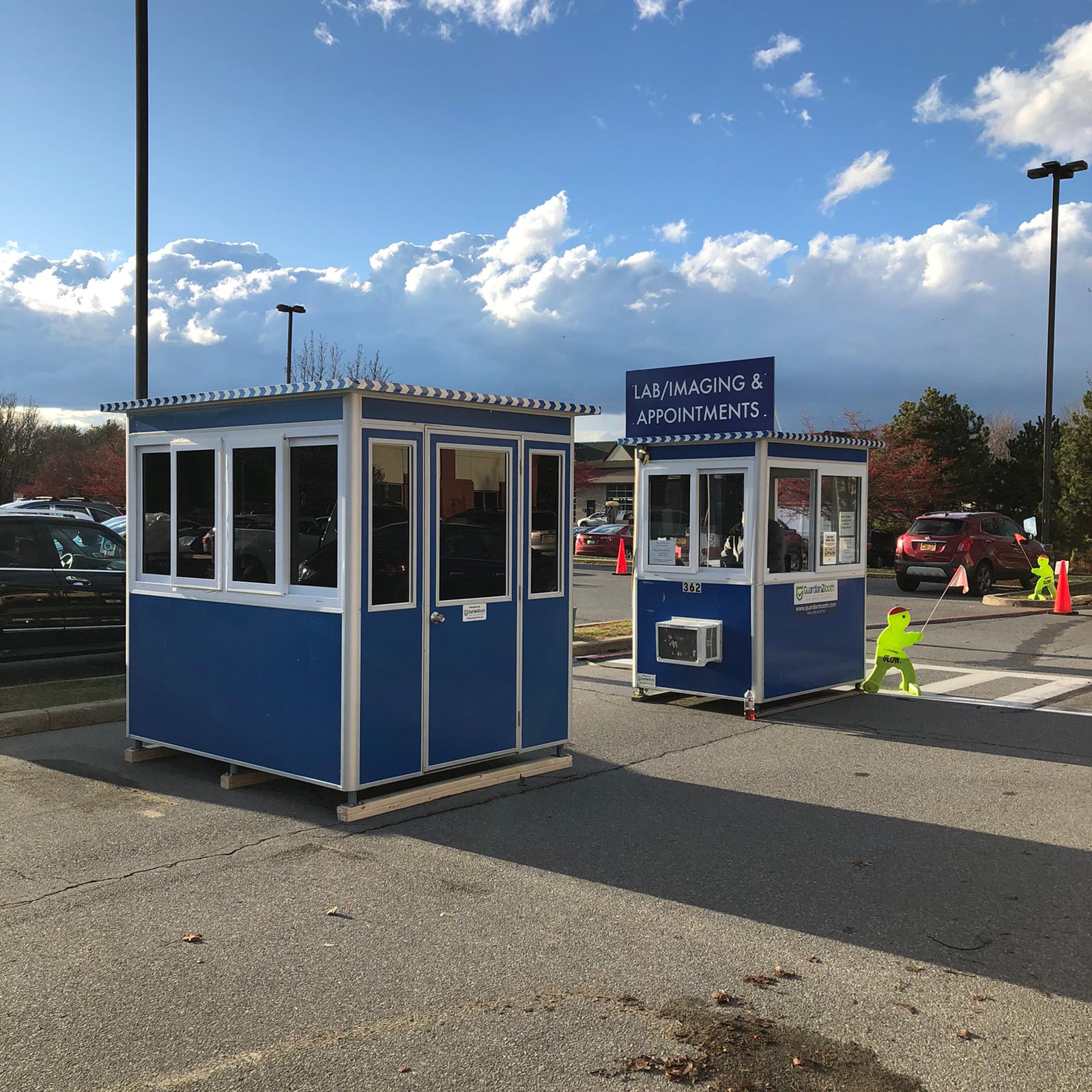
Choose Guardian Booth to Expand Healthcare Capacity Effectively
Guardian Booth is the optimal choice for healthcare facilities seeking modular medical clinics.
Our expertise in modular construction ensures that healthcare facilities benefit from precision engineering and top-notch craftsmanship. Our seasoned professionals bring knowledge to every project, guaranteeing the seamless integration of medical facilities that meet the highest standards. From concept to completion, Guardian Booth’s proficiency in modular construction is a testament to its dedication to delivering healthcare infrastructure that exceeds expectations.
Our customizable options allow healthcare facilities to tailor their modular medical clinics to specific needs. Whether designing layouts for examination rooms, waiting areas, or administrative spaces, we ensure a flexible and adaptable solution. This customization extends to security features, enabling the integration of cutting-edge technologies to keep visitors and staff safe. The modular clinics from Guardian Booth are structures and tailored healthcare environments designed with precision and foresight.
A commitment to customer satisfaction is at the heart of Guardian Booth’s mission. We prioritize client needs, offering attentive and collaborative services throughout the process. From initial consultations to the final execution, Guardian Booth strives to exceed expectations, ensuring that healthcare facilities can confidently choose a modular solution that aligns with their goals, timelines, and budgetary constraints.
When healthcare facilities choose Guardian Booth for their modular medical clinic needs, they select a partner with unmatched expertise, quality craftsmanship, customizable options, and a steadfast commitment to customer satisfaction. Expanding healthcare capacity with Guardian Booth represents a strategic investment in a reliable and innovative solution that meets the evolving demands of the healthcare landscape.

